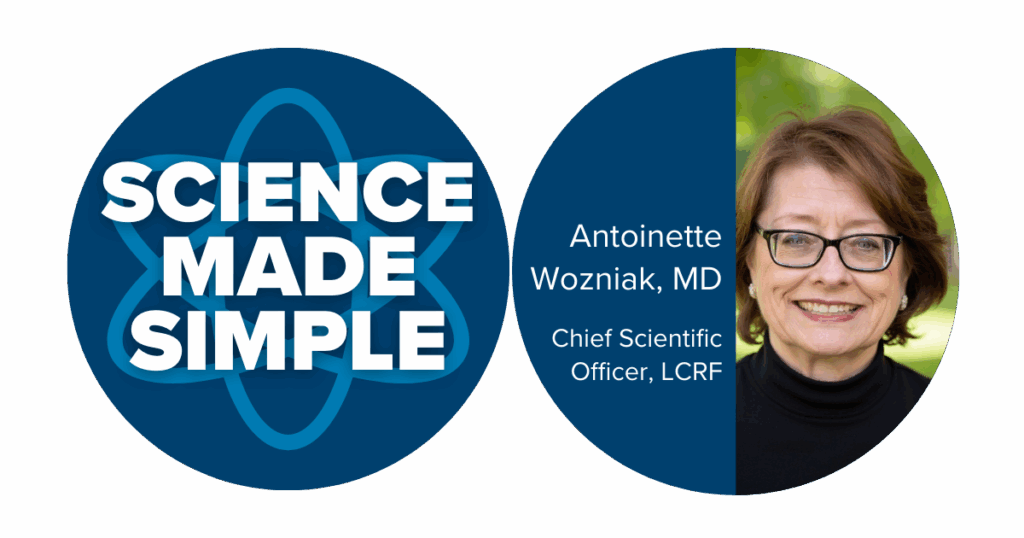
The good news
The U.S. Food and Drug Administration (FDA) has granted accelerated approval to zongertinib for the treatment of adult patients with unresectable or metastatic non-squamous non-small cell lung cancer (NSCLC) whose tumors have HER2 (ERBB2) mutations and who have received prior systemic therapy. This is the first oral tyrosine kinase inhibitor (TKI) that has been approved for this indication.
Why it’s important
Alterations in the HER2 gene have been associated with the development and spread of cancer. HER2 mutations occur in about 2-4% of patients with NSCLC. In the past two decades, several clinical trials have investigated the use of anti-HER2 therapies in lung cancer but have led to disappointing results. In 2022, the FDA granted accelerated approval to trastuzumab deruxtecan for patients with unresectable or metastatic NSCLC whose tumors have HER2 mutations and who have received prior therapy. This drug is an antibody drug conjugate, which is a form of “targeted chemotherapy”, and is the only other agent approved for HER2 mutated NSCLC.
Zongertinib is an oral TKI that specifically targets HER2. In the Beamion LUNG-1 (NCT04886804) clinical trial 75 patients with previously treated, metastatic NSCLC containing a HER2 mutation were given zongertinib. An impressive 71% of the patients had significant shrinkage of their cancer, and the response lasted for over a year (14 months) for many of the patients. (NEJM, 2025) The most common side effects included diarrhea, liver toxicity, rash, fatigue, and nausea. Of note, pneumonitis (inflammation of the lungs) was not seen as a side effect.
What it means for patients
Zongertinib represents a large step forward in the treatment of NSCLC patients with HER2 mutations. Since this is an accelerated FDA approval there will be more trials that will be performed to confirm the effectiveness of the drug.
What to look for
It is likely that zongertinib will be evaluated as initial treatment for patients with HER2 mutated NSCLC in upcoming clinical trials with the hope that it will be more effective than chemotherapy as a first treatment. We could also see the evaluation of zongertinib in combination with other agents such as chemotherapy. It is also important to remember that the drug is unlikely to be a cure for these patients and that there is still an urgent need to continue research efforts to determine why cancer cells are or become resistant to treatment. Expect that the development of novel drugs for this type of lung cancer will continue in the future.
